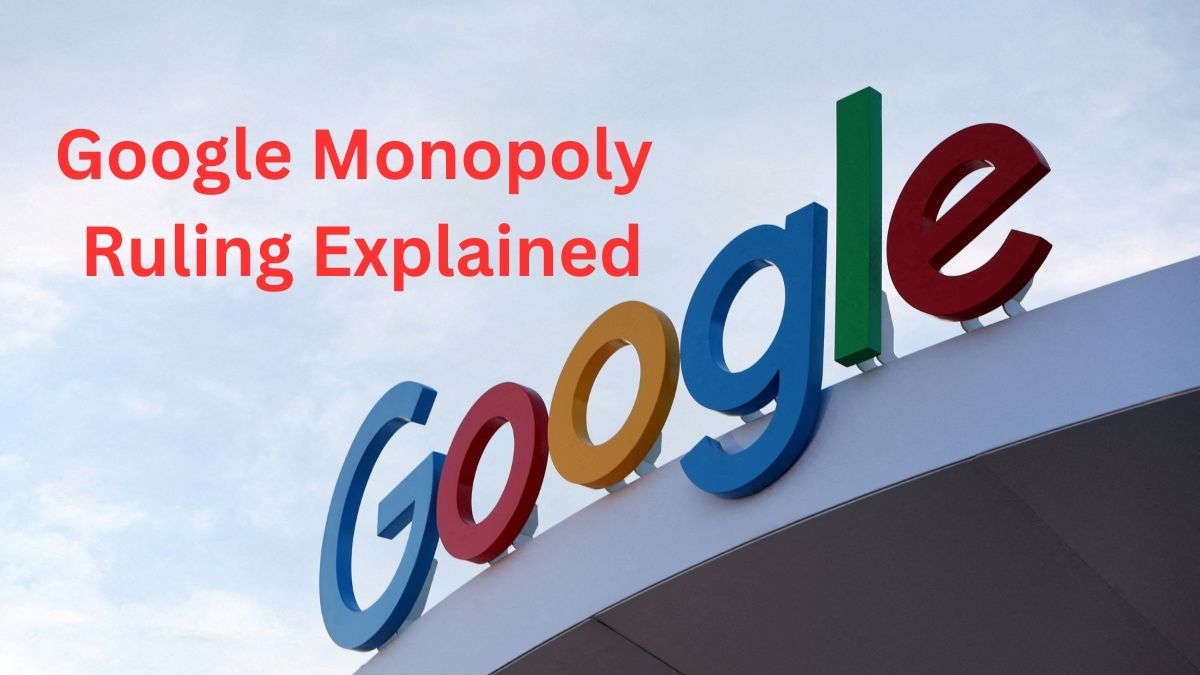Google Monopoly Case: A Landmark Antitrust Battle
The US government’s case against Google over its dominance in online search has been one of the most closely watched monopoly trials in the digital era. Not since US v Microsoft in 1998 has Big Tech faced such a serious legal threat.
A year after ruling that Google is a monopolist, Judge Amit Mehta has delivered his remedies — but many analysts argue the decision may be less harsh than expected.
Google Avoids the Worst-Case Scenario
One of the biggest concerns was whether Google would be forced to break up key businesses like Chrome and Android. Government lawyers had proposed spinning off Chrome, the world’s most popular browser, and placing court oversight on Android to prevent Google from favoring its own search services.
However, Judge Mehta’s ruling spared both products, allowing them to remain fully under Google’s control. Critics argue this gives Google room to maintain its dominance in search.
John Kwoka, economics professor at Northeastern University, noted:
“Those were the mechanisms for gaining share, preventing new competitors, and monetizing its search monopoly.”
Still, regulators may push harder in the upcoming ad tech monopoly case, where Google’s dominance in digital advertising will be tested later this month.
The Role of Artificial Intelligence in the Ruling
When the Department of Justice filed this case in 2020, generative AI (GenAI) had not yet transformed the tech industry. Fast-forward to 2025, and AI is a central part of search competition.
Judge Mehta highlighted that AI startups now pose a potential challenge to Google’s power, unlike traditional search rivals. Since Google itself is deeply invested in AI, posting AI-powered answers at the top of search results, the judge had to balance historical facts with predictions about the future of AI in search.
Jennifer Huddleston, senior fellow at the Cato Institute, explained:
“Judges are not experts in predicting future tech markets, which is why Judge Mehta likely took a cautious approach in crafting remedies.”
What This Means for Google and the Tech Industry
- No Breakup (For Now): Chrome and Android remain under Google’s control.
- More Oversight Ahead: Regulators could still pursue stricter actions in the Google ad tech case.
- AI as a Game-Changer: GenAI is reshaping competition, making it harder to prove Google’s monopoly will remain unchallenged.
For Google, the ruling is a relief — but not a full victory. For regulators, it’s a sign that the fight against Big Tech monopolies is far from over.

